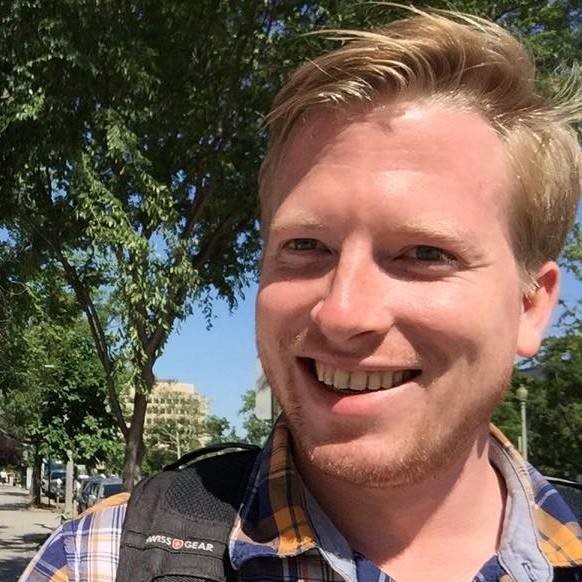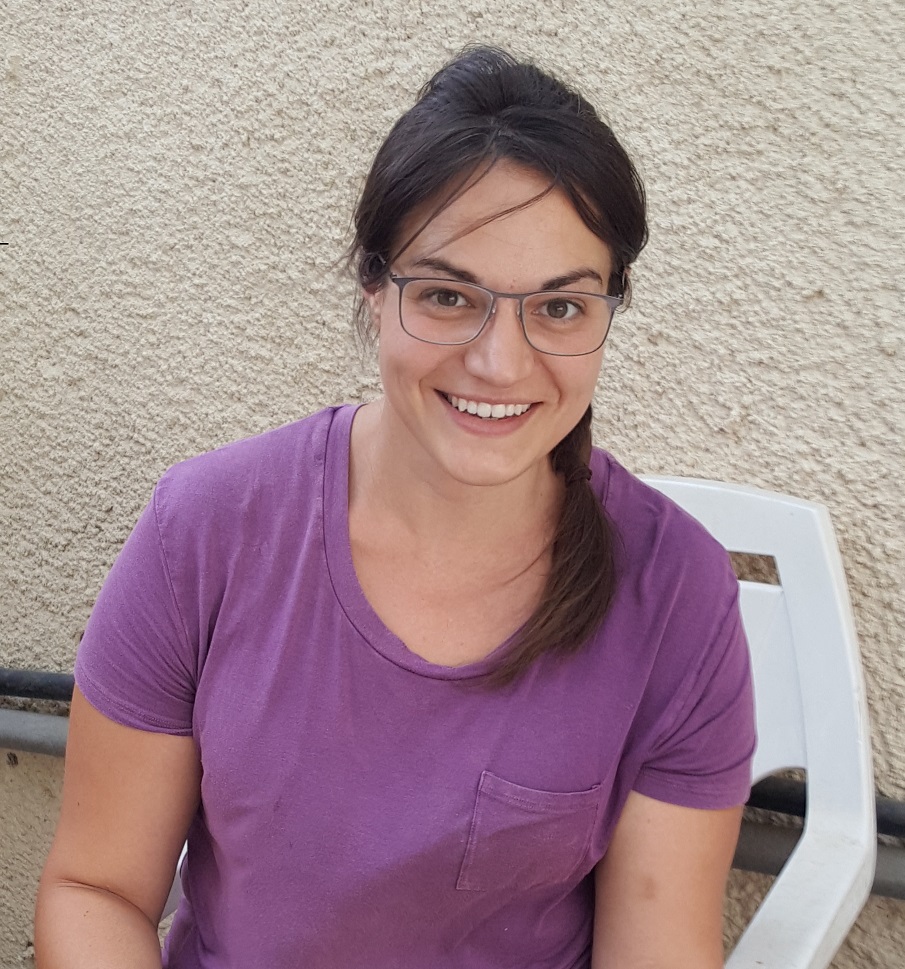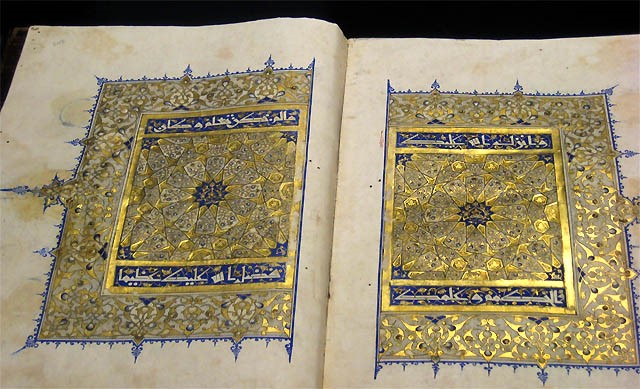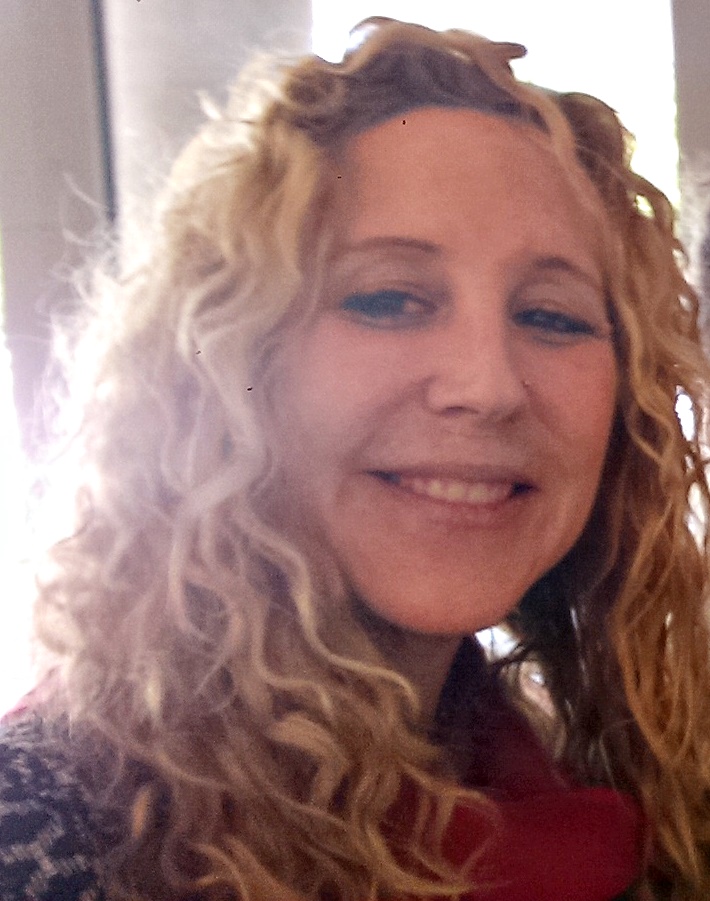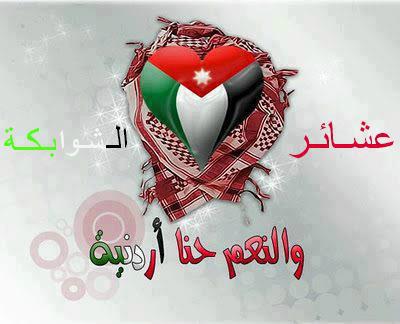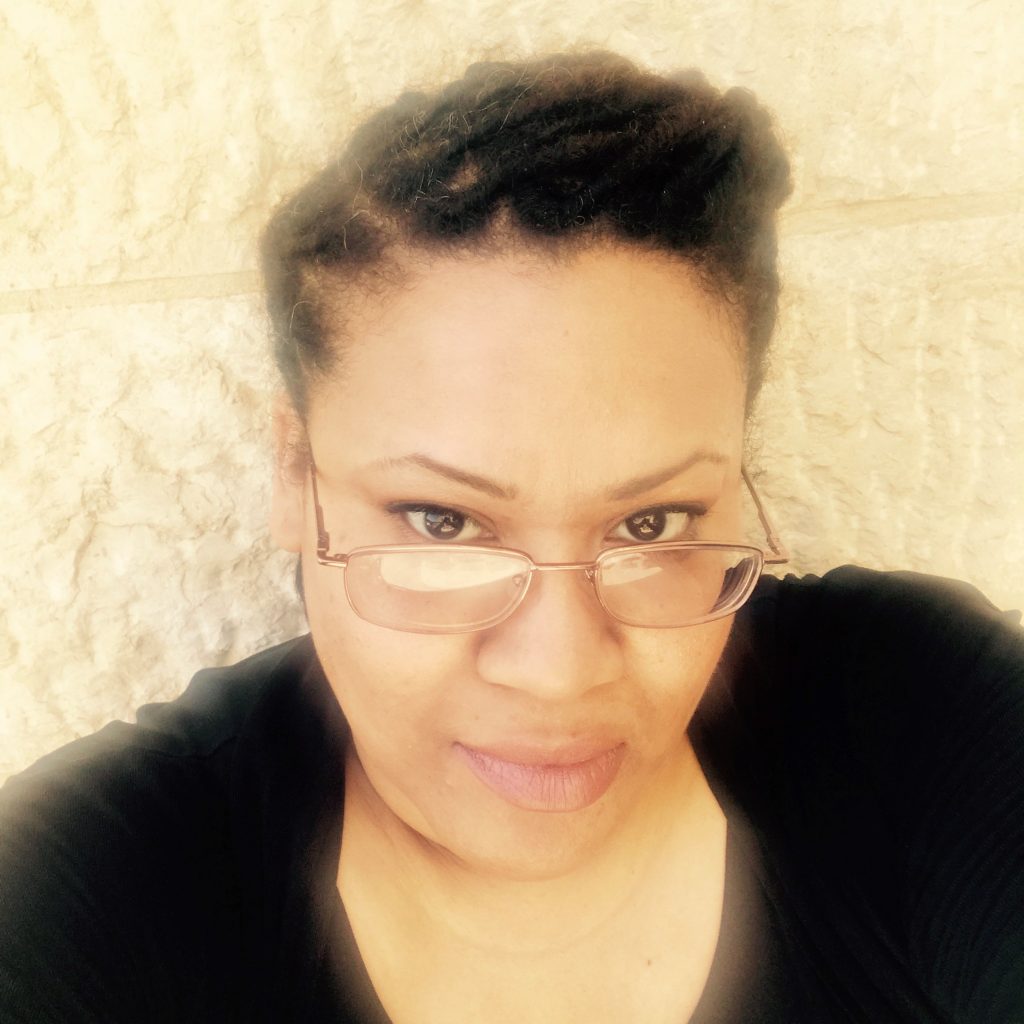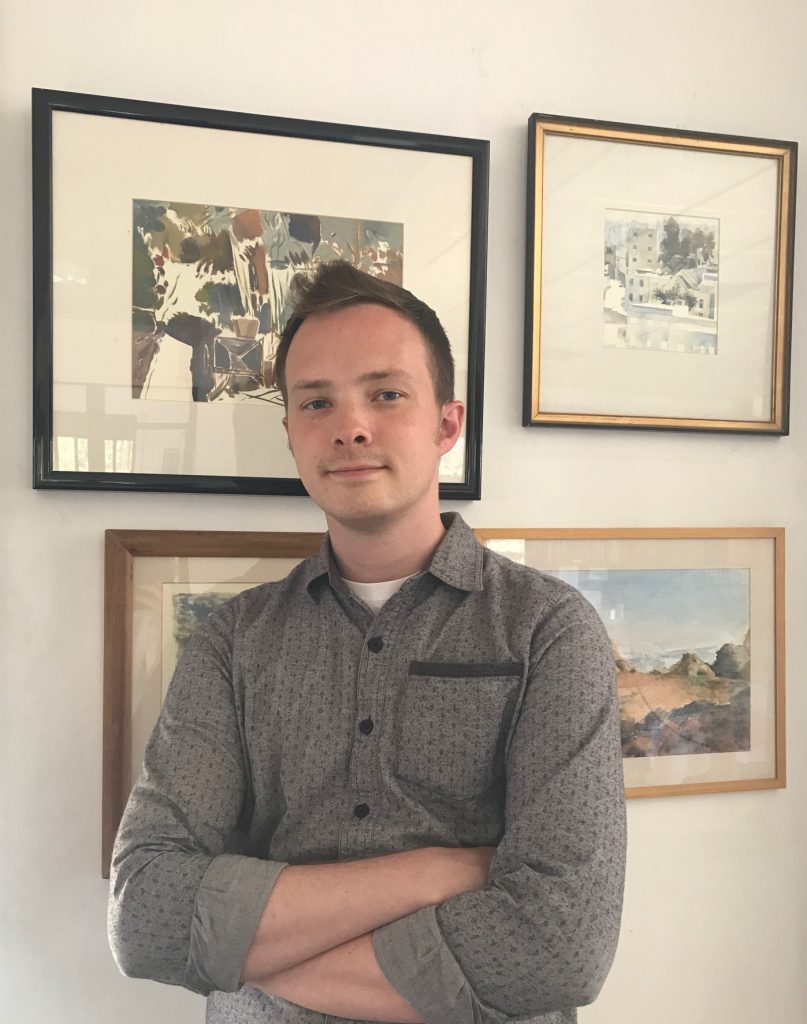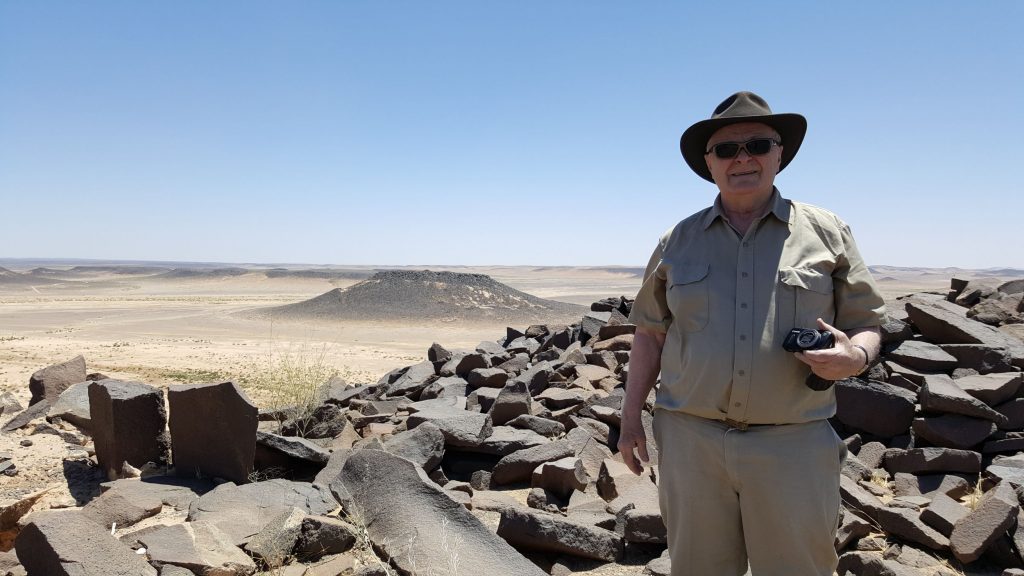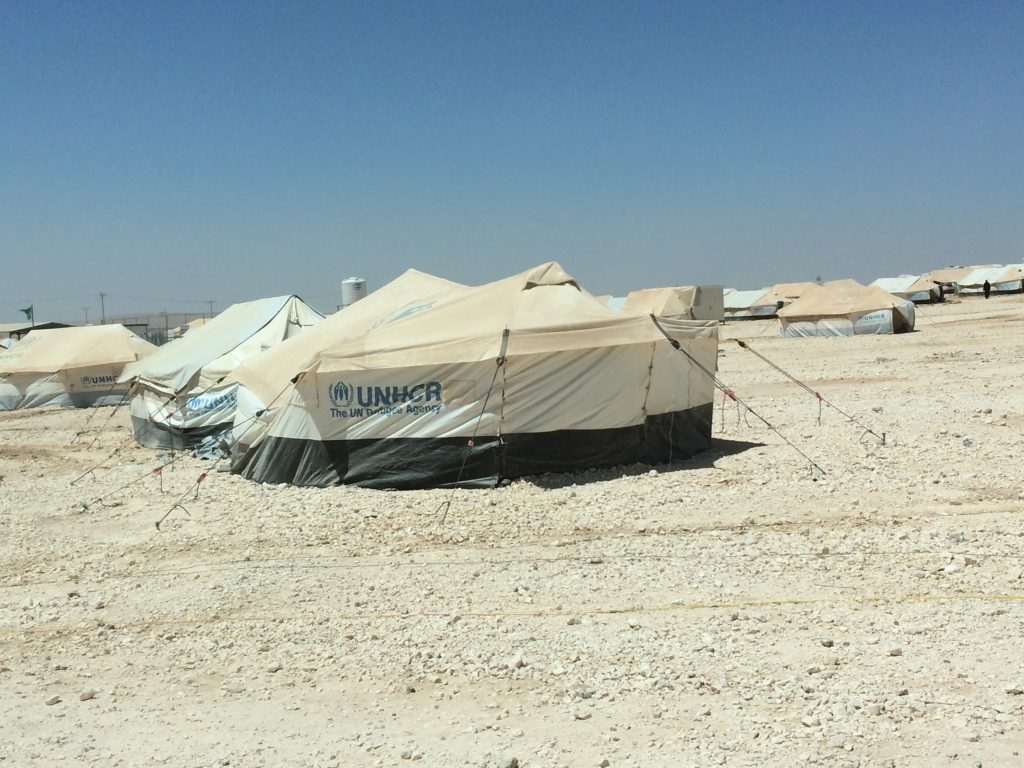Steven Schaaf, ACOR-CAORC Fellow, Fall 2017
Steven Schaaf is a Ph.D. Candidate in Political Science at the George Washington University and an ACOR-CAORC fellow in fall 2017. His research focuses on the comparative analysis of administrative courts in Jordan, Palestine and Egypt. Why do some people choose to pursue their grievances through legal channels, while others do not? What is the […]
Steven Schaaf, ACOR-CAORC Fellow, Fall 2017 Read More »

